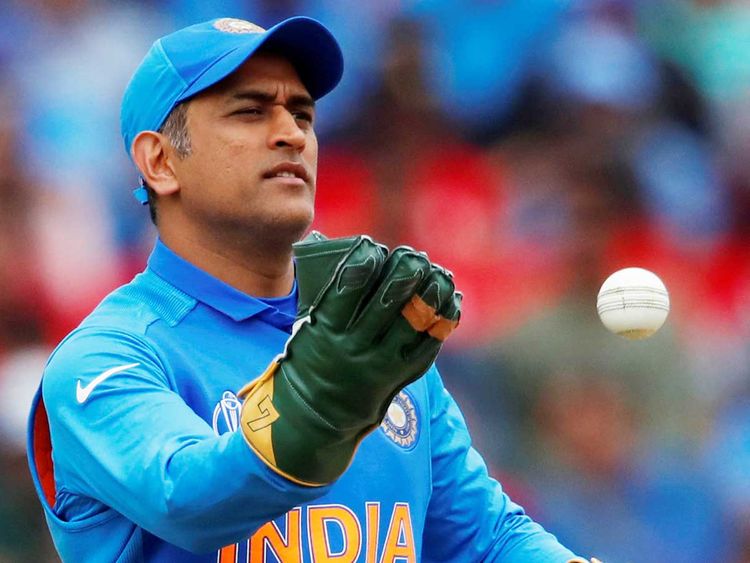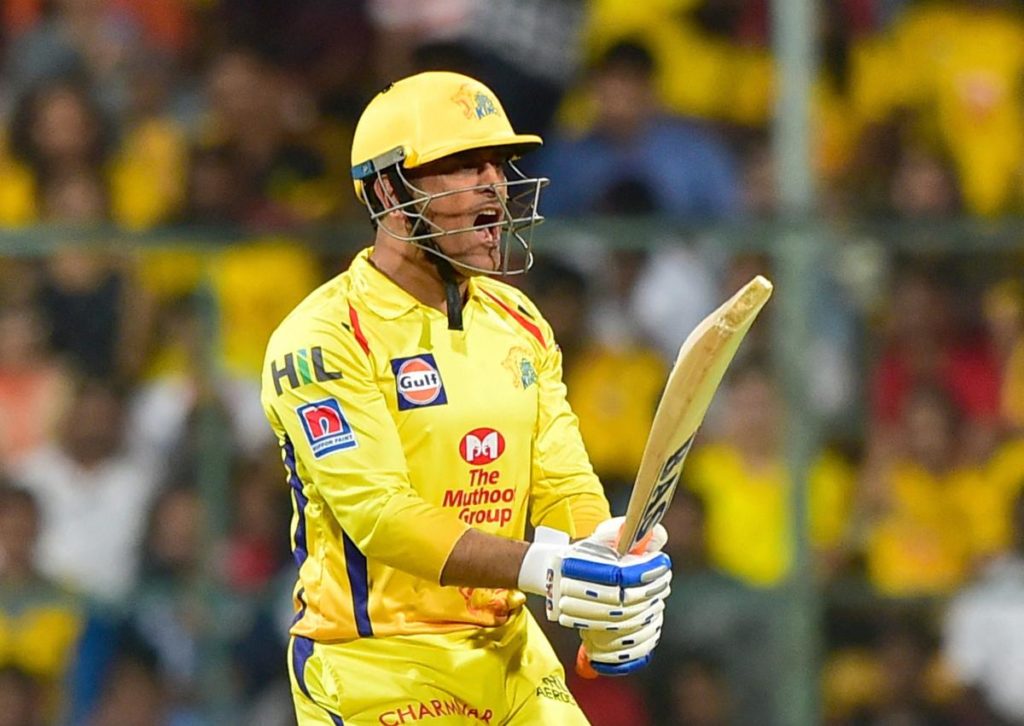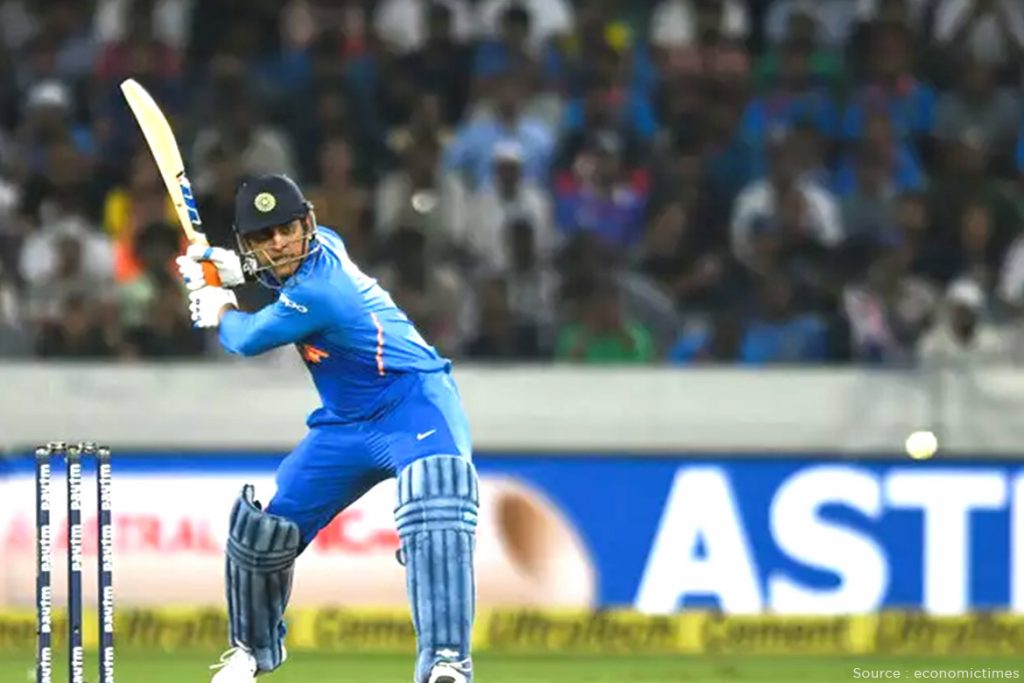Former captain of Indian cricket team Mahendra Singh Dhoni has announced his retirement from international cricket. Now Dhoni will not be seen playing for the Indian cricket team. Although, MS Dhoni will continue to play IPL. In this case, his fans can see Dhoni playing in the IPL.
Mahendra Singh Dhoni has announced his retirement from international cricket by posting a video on Instagram. In his Instagram post, MS Dhoni wrote, ‘Many thanks for the love and support from all of you. After 7.29 pm today, I should be considered retired. Along with this post, Dhoni has also shared a video. 39-year-old MS Dhoni had announced his retirement from Test cricket earlier.

Although he remained a part of the Indian cricket team in ODIs and T20s. But now Dhoni has announced his retirement from international cricket. Dhoni has also been the captain of Team India in all three formats of cricket. Along with this, many big records are also recorded in Dhoni’s name.
MS Dhoni started his cricket career in the year 2004 against Bangladesh. Dhoni has played 90 Test matches so far. Apart from this, he has played for India in 350 ODIs and 98 T20 matches. Dhoni has scored 6 centuries in Tests, while Dhoni has 10 centuries in ODIs.
Mahendra Singh Dhoni is known as a wicket-keeper batsman. Mahi is also the most successful Indian wicketkeeper. Under his captaincy, Dhoni made India a world champion again in the year 2011 in cricket. Apart from this, in 2007, under the captaincy of Dhoni, Team India had named the T20 World Cup.

Some Big decisions taken by him, that rose his stature in team India
Dropping Ganguly and Dravid:
In 2008, Dhoni dropped senior players like former captain Ganguly and Rahul Dravid in the tri-series with Australia-Sri Lanka. The pair of Ganguly and Dravid had scored almost 23,000 runs in the 50-over game. In such a situation, everyone was surprised by Dhoni’s decision to drop this successful and senior pair out of ODIs. When BCCI Secretary Niranjan Shah was asked the reason for this, his reply was that our emphasis was on fielding. That’s why we wanted young players. India won the first tri-series in Australia.
Also read: IPL Season 13 is Scheduled From September 19 in UAE; Spectators Might Not be Allowed
Rotating Old Players:
Cricket has been considered a religion in India and players have been worshipped. In such a situation, Dhoni came and changed this culture. In 2008, he began rotating players for better fielders. In the CB Series 2012, Dhoni continuously rotated Sachin Tendulkar, Gautam Gambhir and Virender Sehwag. Despite having a great record, these three players did not play in the team together. Dhoni continued to rotate them.

Making Rohit Sharma an opening Batsman:
2013 was special for Mahendra Singh Dhoni. He had won One Day World Cup, World Cup T20 and Champions Trophy. He was the first captain in the world to win all three ICC trophies. This was the year when he conducted some experiments to establish a firm place in the team of incumbent players. Rohit Sharma was in the team in the 2007 T20 World Cup, but he did not perform consistently. In 2011, Dhoni was the first captain who gave Rohit Sharma an opportunity to open during the tour of South Africa. Rohit scored only 29 runs in three innings. In 2013, Rohit was once again given the opportunity to start the innings. Rohit smashed an 83-run knock at Mohali. After this, he never looked back. Dropping from the middle order, he became the most explosive batsman in the world.
Gave the final over to Joginder Sharma in the 2007 T20 World Cup:
Harbhajan Singh had one over remaining in the final of the ICC T20 World Cup, but Dhoni handed the final over to Joginder Sharma. At that time Pakistan captain Misbah-ul-Haq was playing 37 runs off 35 balls. Dhoni took a chance as Misbah had hit three sixes in Harbhajan’s 17th over. Joginder started with Wide. Misbah hit a paddle shot and was caught by Sreesanth. India created history by winning the first T20 World Cup in Johannesburg.
